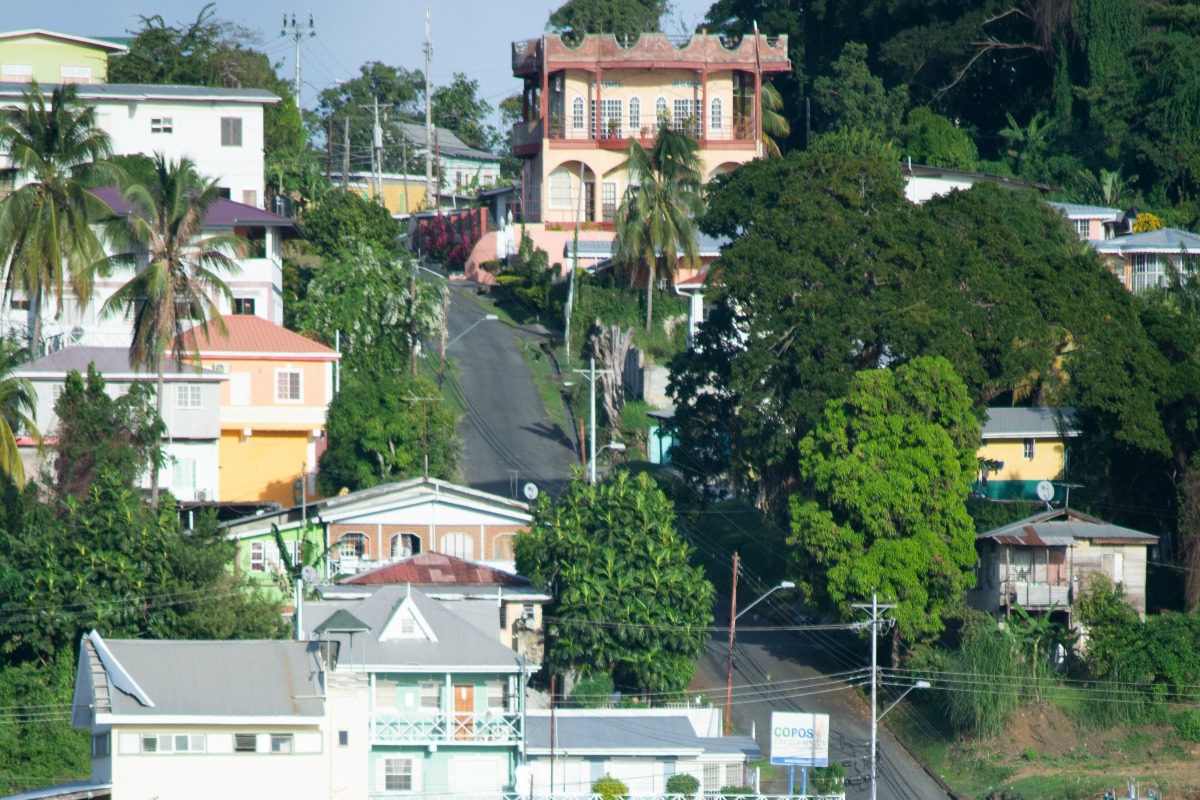Due to escalating crime rates, the government of Trinidad and Tobago has declared a state of emergency. The declaration grants law enforcement expanded powers to address the Caribbean nation’s soaring violence. This drastic measure comes in response to a weekend marred by deadly gang-related incidents, pushing the country’s homicide toll to unprecedented levels.
The twin-island republic, home to approximately 1.5 million people, has witnessed a shocking surge in violent crime throughout 2024. According to official reports, the murder toll has reached a staggering 623 cases this year. This marks the highest level in police records dating back to 2013. This figure surpasses the previous record set in 2022 when 599 lives were lost to violence.
National Security Minister Fitzgerald Hinds painted a grim picture of the situation. Speaking at a press conference in the capital Port of Spain, Fitzgerald described the killings as an “epidemic and public health concern.” The minister revealed that law enforcement had responded to a horrifying array of multiple homicides this year, including 33 double, eight triple, four quadruple, and one quintuple murder.
Trinidad And Tobago’s Weekend Of Bloodshed
The decision to implement the state of emergency was precipitated by a particularly violent weekend that shocked the nation. On Saturday, a man was gunned down in broad daylight as he exited a police station in eastern Port of Spain, the capital city. Less than 24 hours later, a more horrific incident unfolded in Laventille, just outside the capital. Here, six people were shot, resulting in five fatalities.
Acting Attorney General Stuart Young emphasized the alarming use of high-caliber firearms by criminal gangs. Young cited the deployment of AR-15s and AK-47s in these attacks. The escalating firepower at the disposal of these groups has significantly contributed to the lethality of recent incidents.
State Of Emergency, Expanded Powers and Limitations
Under the newly declared state of emergency, law enforcement agencies can exercise extraordinary powers to combat the crime wave. These expanded authorities include the power to arrest individuals suspected of involvement in criminal activities without warrants. Law enforcement can now search and enter public and private premises at their discretion.
Additionally, the military will assist in making arrests, bolstering the overall security response. Furthermore, authorities now have the option to deny bail to those arrested under these emergency provisions. However, unlike past states of emergency, there will be no curfew and the government will not restrict people’s movements.
Root Causes And International Connections
Trinidad and Tobago’s crime problem is deeply rooted in organized criminal activities, with a significant portion of the violence linked to the international drug trade. The country’s strategic location—close to Venezuela and with direct transportation routes to Europe and North America—has made it a prime hub for narcotics trans-shipment.
Experts estimate that 186 gangs are operating in the country, with over 1,750 members. These groups, while not highly sophisticated, are “small and deeply territorial street gangs” engaged in drug dealing, arms trafficking, and other criminal activities.





